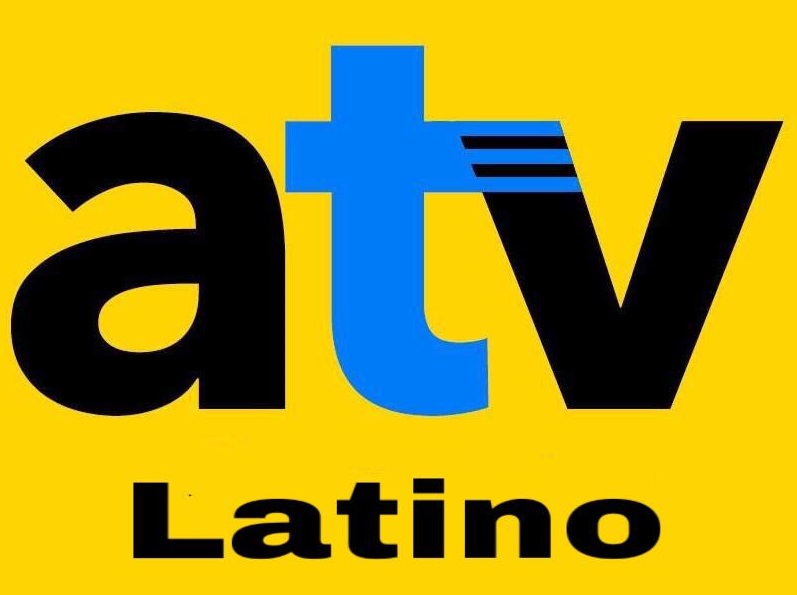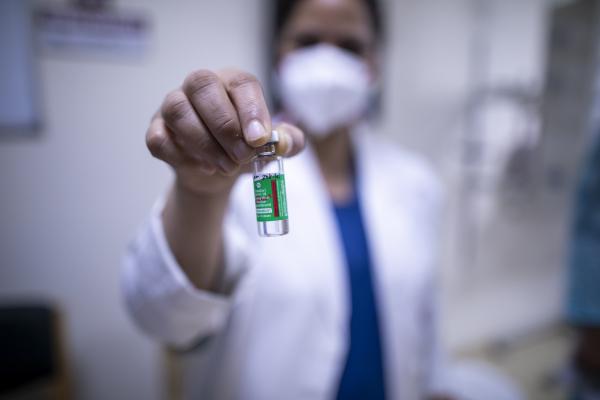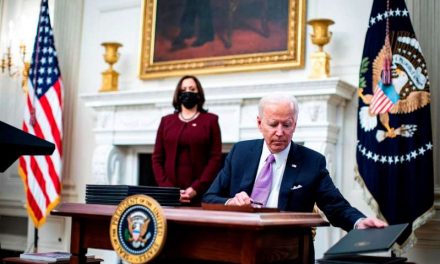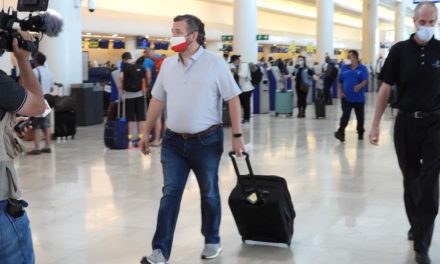Retail pharmacies are facing a high demand for COVID-19 vaccines amid desperation from customers for the shots ahead of the holidays and amid heightened anxiety over the omicron variant.
Millions of Americans became eligible for a booster vaccine and another 28 million children ages 5 to 11 were approved to get their first shots in recent weeks, creating a flood of people lined up for increased protection against the virus.
“It would have been nice if it would have been a garden hose trickle versus a fire hose trickle,” Mitchel Rothholz, the lead for immunization policy at the American Pharmacists Association, said.
“I think that’s just the reality that we’re dealing with in the pandemic,” he added. “I don’t think anybody had sufficient time to really plan out the process.”
These pharmacies have administered more than a third of vaccine doses throughout the pandemic. The White House said last week that more recently, they are giving out two-thirds of all COVID-19 vaccines.
Problems dealing with demand have arisen due to staffing shortages in pharmacies, requiring Americans in some states to have to wait for their shots for days or weeks.
Several factors have played into the increased demand for vaccinations, including an uptick in cases following Thanksgiving, the institution of more employer mandates and the expanded eligibility for initial shots and boosters.
The Centers for Disease Control and Prevention (CDC) greenlit vaccines for 5- to 11-year-olds in early November, prompting a rush among parents to get their children vaccinated ahead of the holiday season. A few weeks later, the U.S. authorized booster doses for adults — about a week before Thanksgiving.
The previous guidance said adults “may” get the booster, although federal authorities already suggested the shot for at-risk populations.
The change to the CDC recommendations “puts additional stress” on pharmacies as they have to adjust their plans to handle vaccinations, Rothholz said.
“It’s changing on the dime, that puts the pressure on the providers,” he said.
The White House is celebrating the boost in vaccinations, saying the past week saw 12.5 million vaccinations in the highest weekly total since May, including almost 7 million booster vaccinations.
The “historic levels” are a good sign, though, said Sara Roszak, the senior vice president of health and wellness strategy and policy at the National Association of Chain Drug Stores.
“The high demand for vaccines is kind of a sign that the national plan to address the pandemic is working,” she said.
Still, the recent pressure has led some pharmacies to end walk-in vaccinations and instead revert to requiring vaccine-seekers to make appointments ahead of time.
“You can’t just walk into your physician’s office,” Rothholz said. “You’ve got to make an appointment, and the appointment’s there for several reasons, especially with the vaccines where you have to prepare ahead of time.”
But Jen Kates, the senior vice president and director of global health and HIV policy at the Kaiser Family Foundation, said in an email that the move “runs the risk” of setting up additional obstacles to vaccinations “with implications for equity.”
“Any extra steps that require someone seeking a vaccination to actively take may reduce their ability to get vaccinated and this is especially true for low-income and other underserved communities who face a multitude of barriers already,” she said.
A CVS spokesperson told The Hill the company “strongly” urges vaccine-seekers to make an appointment to schedule in advance to ensure they can get the shot they’re looking for, now that adults are able to mix and match their booster doses. Same-day and walk-in vaccinations “may be possible but are subject to local demand.”
“We have the inventory to meet COVID-19 vaccine needs, including in areas of high demand,” the spokesperson said, noting that the pharmacy has increased appointments at many locations in the past week.
“Our pharmacy teams remain flexible in meeting patient needs in a dynamic environment that is part of a nationwide workforce shortage affecting nearly every industry and company,” the CVS spokesperson said in an email.
To alleviate the recent pressure, Rite Aid said in a statement that it’s closing most of its pharmacies an hour earlier during the weekdays to allow teams to catch up and cutting back walk-in hours.
“We highly encourage customers to schedule vaccine appointments, as that makes for the most efficient process and helps our teams plan for the day,” the company said.
Walgreens said it administered a record high number of COVID-19 vaccines last week, and those numbers remained steady this week.
“We’ve adjusted pharmacy hours in a limited number of stores to help support our pharmacy staff during this time, while also balancing customer demand,” a spokesperson said. “In those areas where current staffing may be impacting any of our stores, we are working to adjust continuity plans in order to create minimal disruption to our customers and patients.”
Walgreens has faced scrutiny for canceling child vaccination appointments last week without any notification, apologizing to customers and patients in an email sent to The Washington Post.
The Hill





